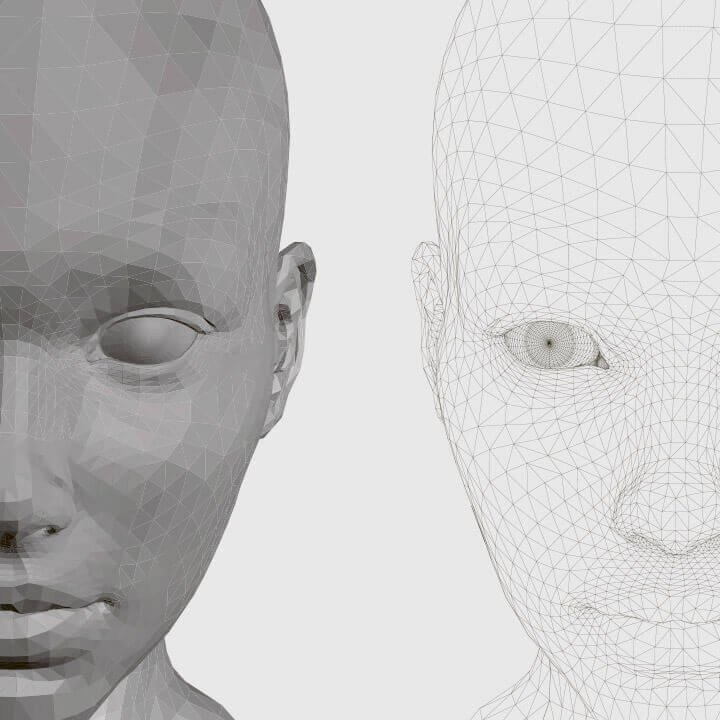Information Technology
Acad. Year 2023/2024Full-Time Study3 Years Title Awarded Bc.
The modern study field Information Technology will provide you with a wide range of practical applications. Courses include mathematics, electronics, programming and many others. You will be actively involved in research, where you will practice your practical skills. By the time you graduate, companies will be fighting for you. You will become analysts, programmers, testers and maintainers of various software systems, as well as managers and entrepreneurs in the ICT sector. After your bachelor's degree, you can also continue on to a follow-up master's degree.
-
79 %
students gain practical experience
-
95 %
students successfully pass the State Final Examination
-
99 %
graduates find work in the month or continue in a master degree
-
40 938 Kč
is the average starting salary for graduates
1st Year
They will pass on all their knowledge and hold you in difficult moments
Doc. Dr. Ing.
Kolář Dušan
Dušan Kolář is the head of the Department of Information Systems. During your studies, you will meet him in the courses Advanced Database Systems and Functional and Logic Programming. He focuses on formal languages, their processing and reverse translation (eg in FIT/Avast cooperation).
Prof. Dr. Ing.
Černocký Jan
He teaches Signals and Systems, mostly a hated object full of complex numbers, convolutions, and other disgusts. Only later will the students appreciate that they will be useful in their life in the processing of sound, video, but also sensory or large-scale data. He like to advise thoughtful students with many projects including Erasmus+.
Prof. Ing.
Hruška Tomáš
CSc.
Ing.
Křivka Zbyněk
Ph.D.
As a member of Formal Models research group he studies formal languages. He assigns and evaluates students' projects in Formal Languages and Compilers course and Principles of Programming Languages course. He tries to be helpful but the points have to be earned. Outside school he organizes Animefest.
Prof. RNDr.
Meduna Alexander
CSc.
He is a theoretical computer scientist and expert on compiler design, formal languages and automata. Formerly, he taught theoretical computer science at various Asian, European and American universities, including the University of Missouri, where he spent a decade teaching advanced topics of formal language theory. He wrote over ninety scientific papers and several books.
Ing.
Smrčka Aleš
Ph.D.
His main interest is quality control of software. He puts a lot of effort in research of software testing and helps students to create functional and bug-free programs. He does not bring knowledge and experience as is, he rather leads students to think about complex problems and solutions by themselves while providing real scenarios from practise.
Prof. Ing.
Vojnar Tomáš
Ph.D.
Tomas likes to work on the edge between mathematics, formal methods, and their applications in computer science and engineering. He is interested in static analysis and verification with formal roots but also dynamic analysis and testing. He lectures on operating systems too. Apart from the factual contents of the different courses, he strives to teach students to think systematically and to precisely formulate their ideas.
What are we talking about?
-
(PR, Brno, January 22, 2026) Brno University of Technology joined the largest professional platform developing AI in the Czech Republic on 22 January. The membership of BUT in the Czech Association of Artificial Intelligence (ČAUI) was officially confirmed by the signatures of BUT Vice-Rector Martin Weiter and the …
-
"If you have the will and perseverance, you can achieve a lot," says FIT graduate Gabriela Nečasová.
From piano and choir singing to solving differential equations. Gabriela Nečasová's story shows that a successful path to computer science can also lead from the humanities and arts. In an open interview, she looks back on her unconventional start at FIT VUT, her challenging journey through doctoral studies, and the moments of crisis that shaped her perseverance. …
